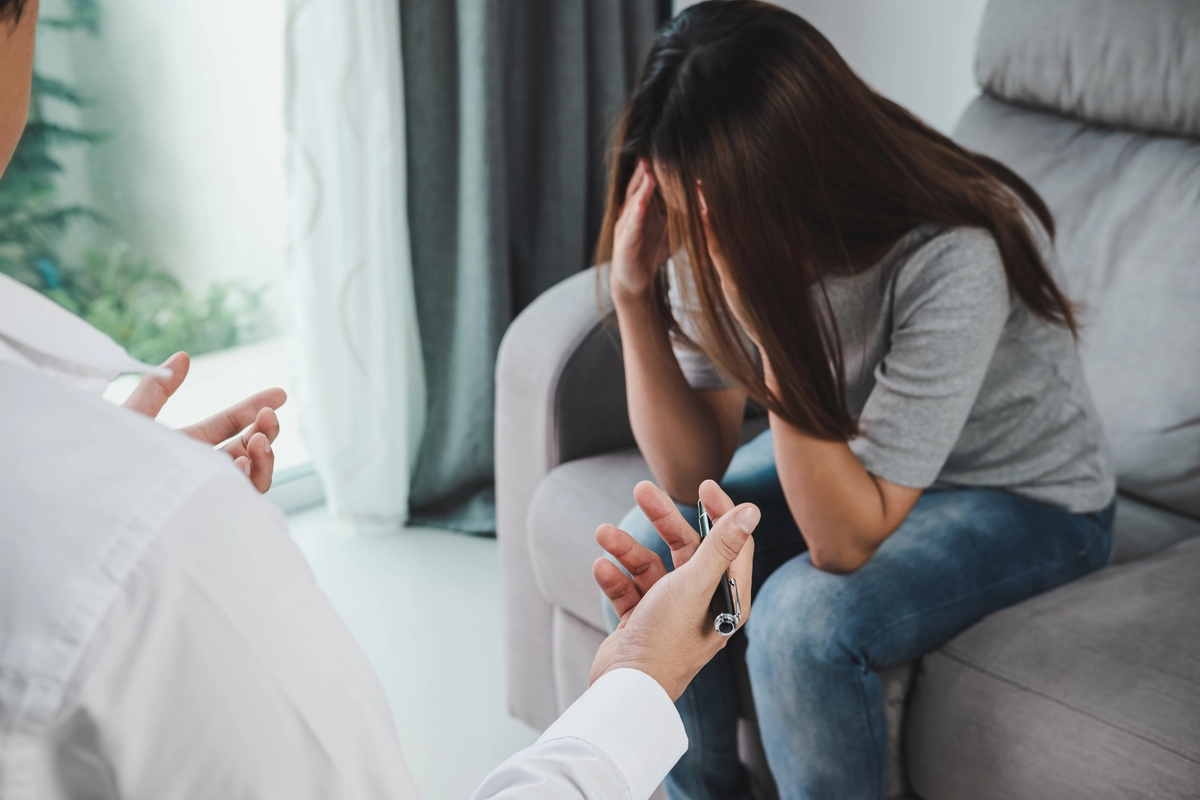24/7 Helpline:
(866) 899-221924/7 Helpline:
(866) 899-2219
Learn more about Couples Rehab centers in Saint Helens
Couples Rehab in Other Cities

Other Insurance Options

Medical Mutual of Ohio

Self-pay options

Covered California

Oxford

PHCS Network

WellPoint

Optum

Health Partners

Choice Care Network

Carleon

CareFirst

Providence

Ambetter

Optima

Access to Recovery (ATR) Voucher

Health Net

Group Health Incorporated

Lucent

Cigna

GEHA





































































































Columbia Community Mental Health
Columbia Community Mental Health provides behavioral health services in an outpatient setting for ch...

Columbia Community Mental Health
Columbia Community Mental Health provides behavioral health services in an outpatient setting for ch...

Columbia Community Mental Health
Columbia Community Mental Health provides behavioral health services in an outpatient setting for ch...






















